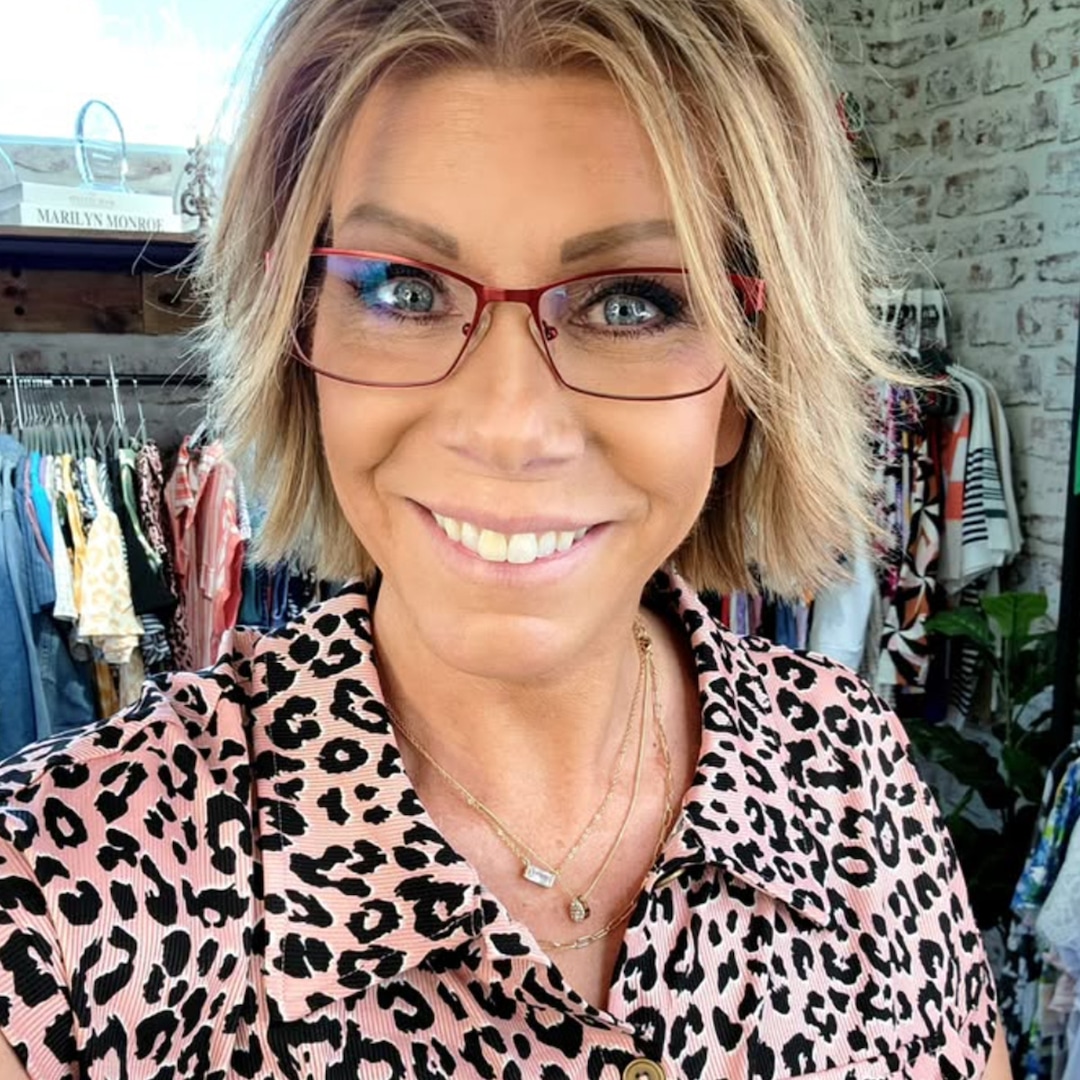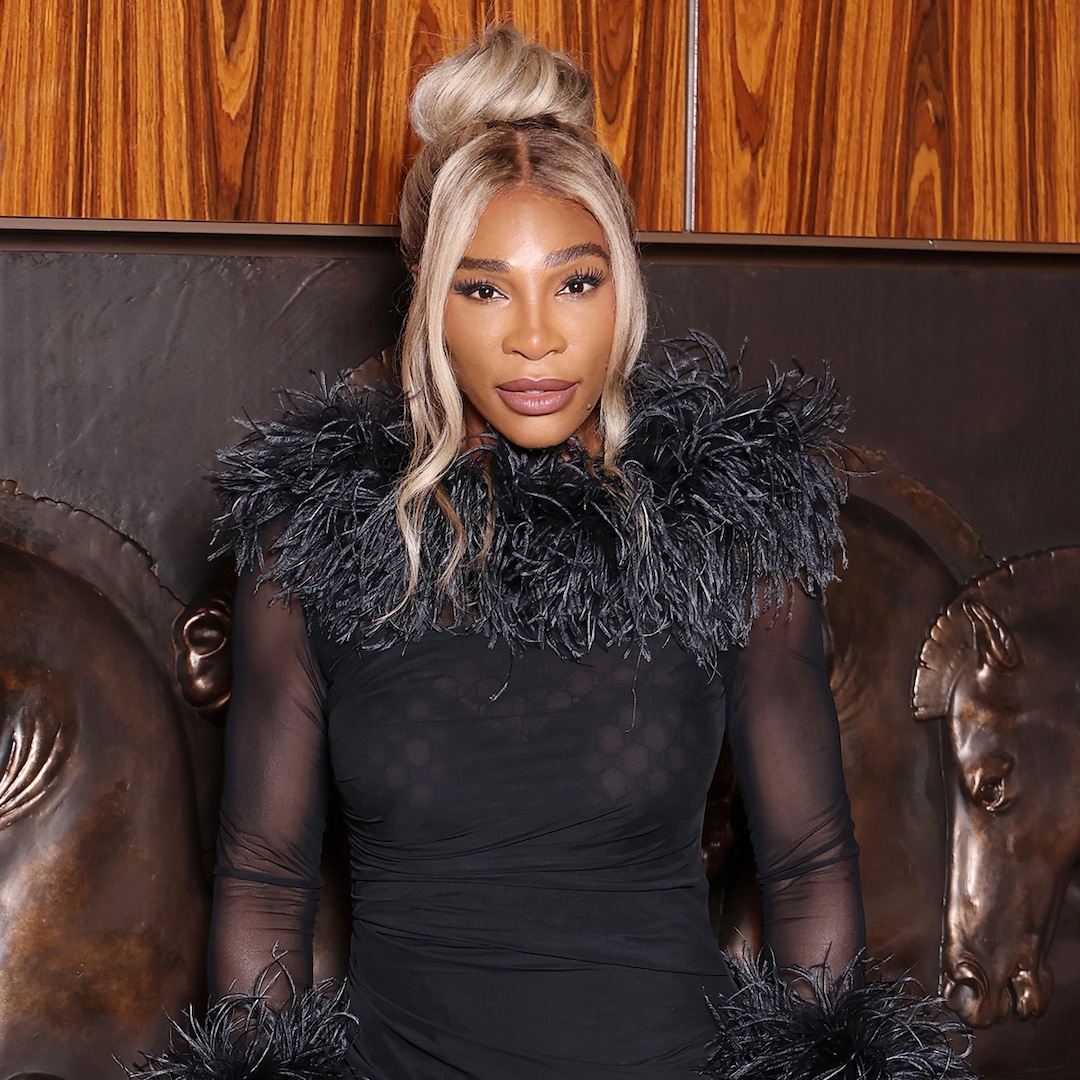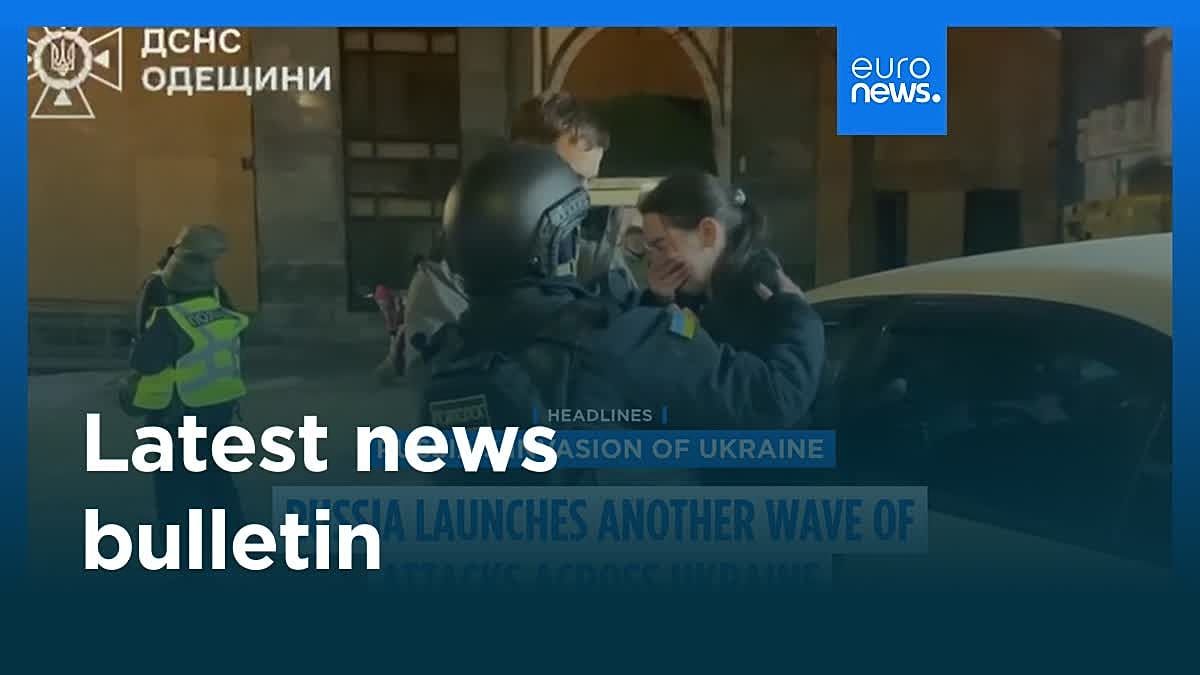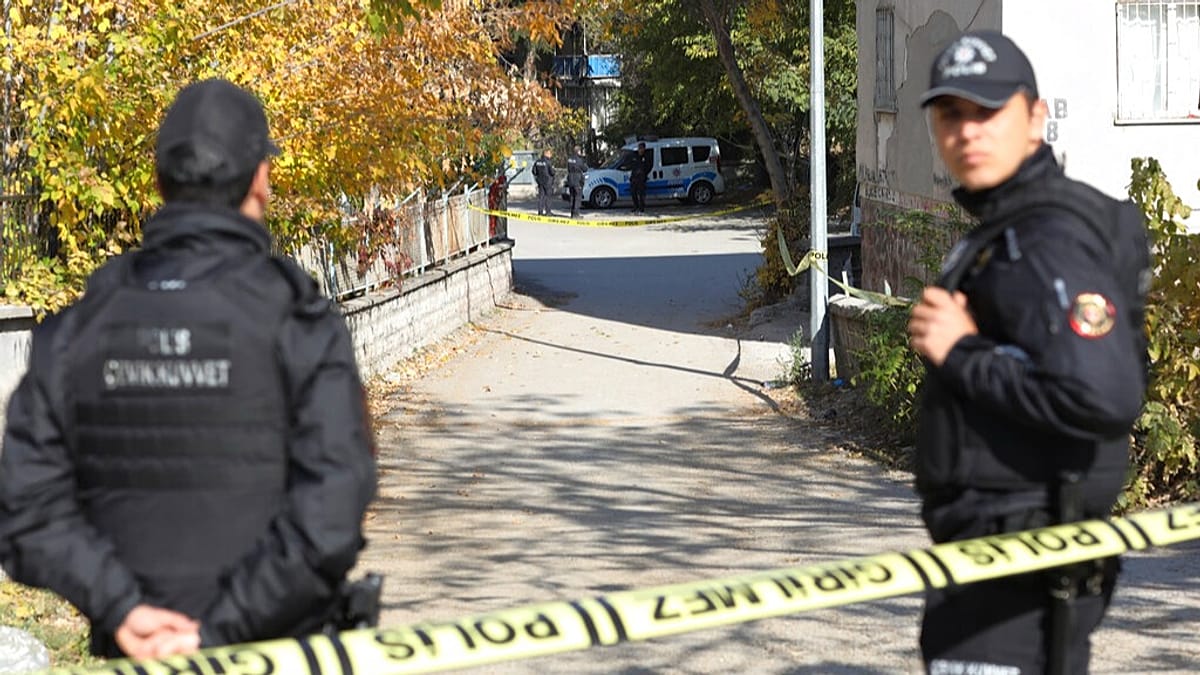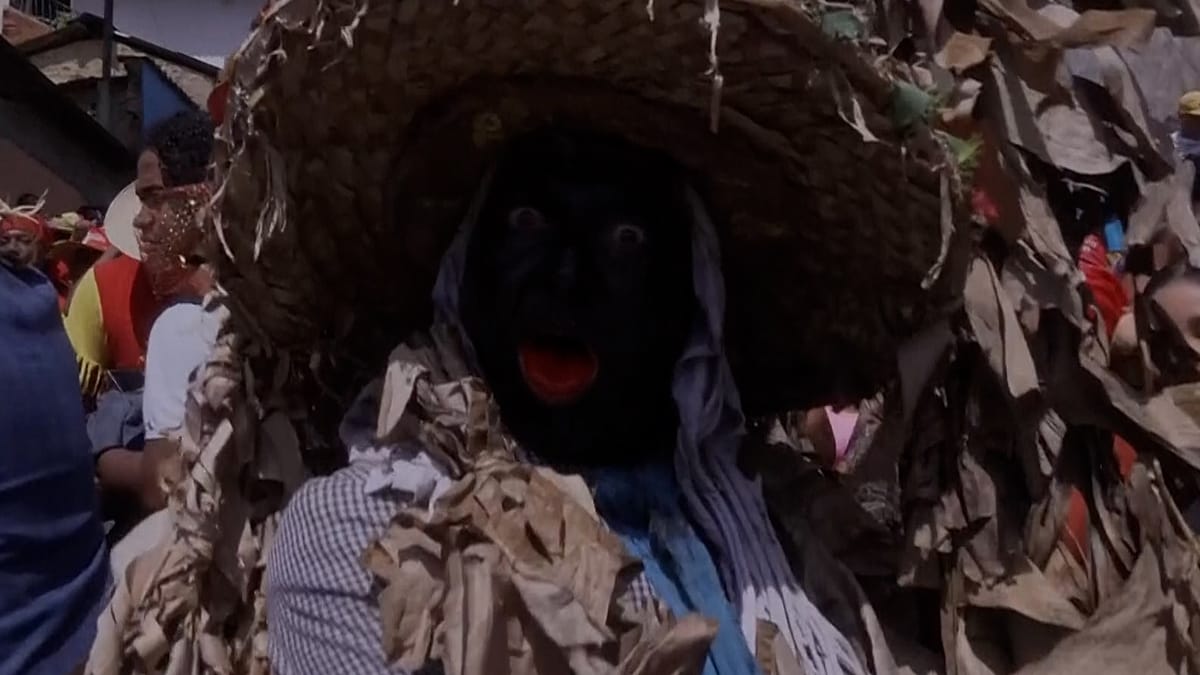Thunderbolts* tries to tackle mental illness. It almost works.


Thunderbolts* comes by its unexpected tenderness honestly. In the latest installment of Marvel's never-ending superhero saga, the disaffected but charming Yelena Belova (Florence Pugh) feels adrift, unfulfilled, and bored.
As her adoptive father Alexei "Red Guardian" Shostakov (David Harbour) observes, the light inside her has gone dim. What started as ennui now looks more like stifling depression.
Remarkably, Yelena's numbness gives way to an openness, a kind of calm curiosity, that becomes Thunderbolts* grounding force as the film explores what more than one character calls "the void."
This emptiness is what follows both a lifetime of disappointments as well as specific traumas that haunt Yelena, her ragtag crew of anti-heroes (aka the Thunderbolts), and even the film's villain. There are visual and verbal references to unforgivable betrayals, mental illness, domestic violence, parental neglect and death, and suicidal ideation.
Against the backdrop of these traumatic experiences, Thunderbolts* mounts an ambitious attempt to leave the viewer with a simple — perhaps simplistic — message: The void is survivable with human connection.
This is applaudable, especially for a could-be blockbuster, expected to match or rival the MCU's past box office performances. But there are also fundamental flaws in the execution.
To tell this story of redemption, Thunderbolts* turns Bob (Lewis Pullman), a civilian with a long history of psychic suffering, into the Big Bad known as The Void. As The Void, Bob's suicidal thoughts are weaponized against the entirety of New York City. From on high, he flattens unsuspecting victims into black shadows, presumably to relieve them of their own pain.
There's a general understanding amongst mental health experts that portraying people with mental illness as murderous helps no one. In real life, outside of Marvel's sprawling IP empire, people with mental illness are more likely to be victims of violence, not the other way around.
Importantly, Bob is not a willing participant in his transformation from an ordinary but desperate guy into Sentry, a superhero of immense powers, including flying and being able to toss Yelena and her fellow assassins across the room like rag dolls.
Instead, Bob participated in medical testing, courtesy of the morally rudderless CIA director Valentina (Val) Allegra de Fontaine (Julia Louis-Dreyfus). But he was promised a better, stronger self, not a starring role in the wholesale destruction of countless people's lives. (Note to Marvel: Maybe now would be a good time to cool it with the storylines about medical research misconduct and conspiracies.)
The story, co-written by The Bear's Joanna Calo, largely treats Bob with compassion, which isn't surprising given the way the FX show about a tortured chef sensitively handles topics like anxiety and suicide. Bob is given a complex, if somewhat cliché, backstory of growing up in a household surrounded by mental illness (his mother) and domestic violence (his father). But he also has delusions of grandeur, along with emotional highs and lows, and episodes when he blacks out.
When Val tries to play a nurturing but manipulative mother to Bob, it sets off a chain of events that turns him not into should-be-heroic Sentry, but the villainous Void. It's hard to know it then, but the scene is built on the idea that sons of abusive men will become abusers themselves, under certain circumstances.
Yelena epitomizes the gentle understanding that Thunderbolts* extends to Bob. When The Void unleashes hell on earth, Yelena steps into his black void — not to end her own emptiness once and for all — but to find Bob and bring him back.
Fighting her way through a series of "interconnected shame rooms" in which she must confront her own horrific acts, she discovers Bob hiding in what appears to be his childhood attic. The scenes that follow could easily be a Marvel dramatization of a number of public service announcements geared toward reaching out to someone who needs help. "Be the friend who listens," implores the suicide-prevention campaign Seize the Awkward.
Yelena is indeed the friend who listens. When that isn't strong enough to ward off The Void, she and the other Thunderbolts find themselves with Bob, trapped in a simulation of the room where the medical experiments took place. The Void's blackened frame harangues Bob as a failure. It's clear, then, that Bob is at the mercy of his own inner critic, on anti-hero steroids.
This is arguably the film's most powerful scene as Bob tries to take control by pummeling The Void into nothingness. Yet the violence only accelerates everyone's doom. The all-consuming void can only be vanquished when Yelena and the Thunderbolts pull Bob off and surround him in a steady embrace. Another way to think about this is silencing one's inner critic with compassion, a counter-intuitive strategy that experts routinely endorse.
One would be well within their rights to view this scene cynically — a pat portrayal of friendship as an antidote to mental illness. It's certainly critical to feel less alone, but loneliness is one among many risk factors for feeling suicidal. Audiences may also watch Bob's or Yelena's stories unfold and see themselves as newly capable — and deserving — of human connection. That's a very good thing.
Still, the weaponization of Bob's mental illness can't be waved a way. Nor is it possible to justify the tail-end of his narrative arc, in which he recalls not a single thing that happened to him — including his own triumph over the proverbial demons that animated him as The Void. He returns to being Bob, but deprived of the details that would truly give his life the purpose and meaning he's long sought.
Perhaps there's more in store for Bob in a forthcoming film, but abandoning him in a state of not-knowing feels cheap. Ultimately Bob becomes little more than a cipher, or a useful but disposable cog in Marvel's billion-dollar filmmaking machine.
Strangely, the final minutes of Thunderbolts* surrender what the film fought so hard for: the sense that a meaningful life is possible, even when it feels against the odds.
If you're feeling suicidal or experiencing a mental health crisis, please talk to somebody. You can reach the 988 Suicide and Crisis Lifeline at 988; the Trans Lifeline at 877-565-8860; or the Trevor Project at 866-488-7386. Text "START" to Crisis Text Line at 741-741. Contact the NAMI HelpLine at 1-800-950-NAMI, Monday through Friday from 10:00 a.m. – 10:00 p.m. ET, or email [email protected]. If you don't like the phone, consider using the 988 Suicide and Crisis Lifeline Chat at crisischat.org. Here is a list of international resources.
















